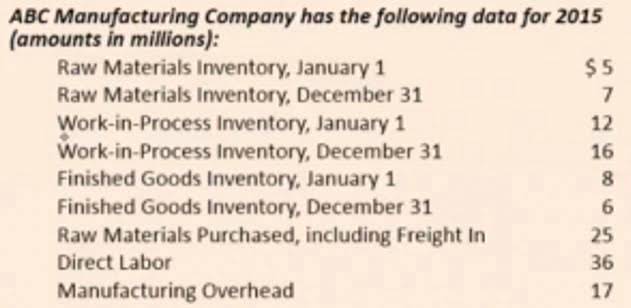Mastering Accounting for Tech Companies: The Ultimate Guide to Industry Accounting in the Technology Sector

Punch worked with Honey for over 2 years until we helped transition them to their own in-house team and were being audited by Ernst & Young. Track burn rate, gross profit margin, customer acquisition cost (CAC), lifetime value (LTV), and monthly recurring revenue (MRR) to show financial stability and growth potential. Professional accountants typically charge $100–$300/hour, depending on their expertise. Taxes might sound intimidating, but with a little prep, it is totally manageable.
Financial Tracking

Your accountant monitors your financials and ensures your compliance documents are in place and accurate. Your accountant should also be available to answer your questions and help you address any issues before they become larger problems. Get a business bank account that provides $3M in FDIC insurance coverage and generates up to 3.73% APY on your deposits. A startup tax accountant from Zeni can help you devise a tax strategy for each of these issues that maximizes your benefits without risking noncompliance.
Software and App Integrations

Like most companies we work with, Honey had hired a mediocre bookkeeper who said that they had regularly worked with startups but in actuality was in over their head. In fact, Honey repeatedly said that they weren’t actively looking for bookkeeping help, but deep down the founder knew they probably needed it. Your burn rate (how fast you are spending your startup’s money) is a key metric for survival. Update it monthly, so you always know how many months of runway you have left. The truth is, in-house accounting comes with a price – salaries, benefits, office What is bookkeeping space, and more. For startups that are tight on budget and resources, that can be a lot to manage.
Count On Punch To Treat Your Business As If It Were Our Own
According to Shri Ganeshram, CEO and founder of Awning, a real estate investing company, cash flow is the lifeblood of accounting services for startups any business. There are plenty of tools available to help with accounting for startups. But you must pick one matching your business structure and accounting system.
Why should tech startups consider outsourcing financial reporting?
It helps avoid unnecessary expenses and keeps the business finances healthy. The tech industry has its own set of accounting rules that help companies keep track of their money and growth. Schedule a free bookkeeping consultation with us now and boost your startup’s success. Don’t underestimate the impact of effective accounting for your startup! Tech startups must prioritize weekly bank statement reconciliation to ensure accuracy in their accounting records. By doing this, they can identify any discrepancies or errors promptly.

What Documents Do You Need To Complete Your Startup’s Tax Return?
- GAAP helps provide clear information on your business’s financial health.
- Every business owner needs to have a structured method of bookkeeping that records the money coming in and going out of the business.
- This is as user-friendly and adaptable as possible to suit most SaaS businesses.
- The truth is, in-house accounting comes with a price – salaries, benefits, office space, and more.
- Knowing your break-even point gives you a clear goal and helps you decide when to scale, invest, or pull back.
This helps them see where they stand and where they can improve, especially in a competitive field like technology. Creating a startup budget is crucial for managing finances effectively. In the startup phase, it is crucial to outline the projected income and expenses to ensure that the business operates within its means.

We love exploring the limits of the possible and are building new worlds while integrating emerging technology tools. “These assets are going to be insanely competitive and we Certified Bookkeeper don’t think it’s worth doing,” says Rechtman. Slow Ventures partner Yoni Rechtman thinks the more obvious roadblocks built into the accounting thesis—particularly for firms without intensive roll-up expertise—are enough reason to steer clear. “Unlike private equity, we rely less on debt funding and cost cutting, and focus on adding software and AI-oriented productivity improvements,” Bhargava adds.


Leave a Comment: